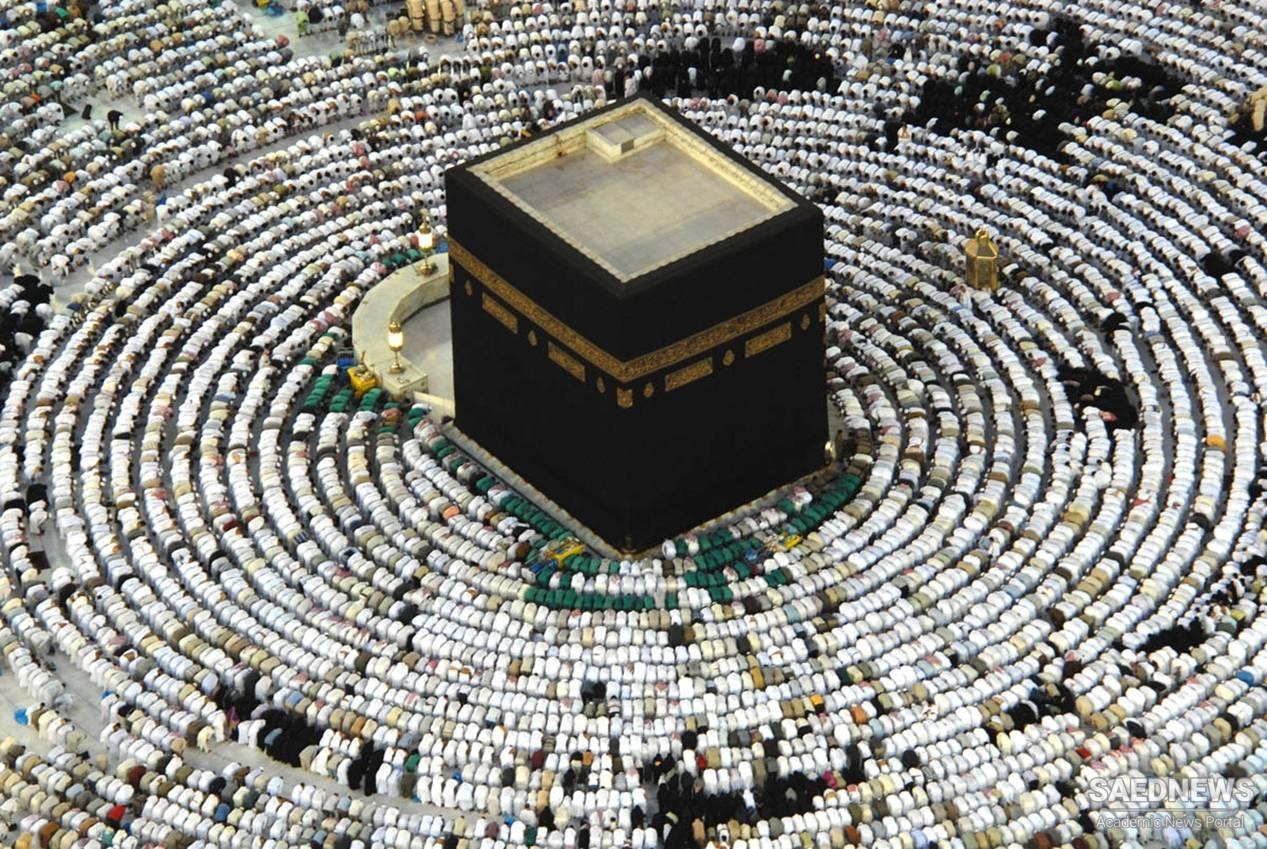Among the world’s religions, few have attained the historical, cultural, and civilizational stature and diversity that Islam has. Since the seventh century, when it first emerged in the western region of the Arabian Peninsula known as the Hijaz, it has been continuously adapted and carried forth by its adherents, who call themselves Muslims, to new lands and peoples in the wider Middle East, Africa, Asia, Europe, and, more recently, to the Americas, Australia, and New Zealand. Indeed, the new religio-historical syntheses brought about by the back-and-forth interactions of Muslims and non-Muslims, and of the many different cultures to which they belong, have had significant influence for centuries, not only upon the religious experience of a large part of humankind, but also upon the development of philosophy, the arts and sciences, and even the very languages we speak and the foods we eat. European scholars eagerly sought to acquire the wisdom achieved by Muslims in the fields of philosophy, mathematics, astronomy, and medicine during the Middle Ages. The different Islamicate architectural styles developed in a wide variety of locales, ranging from Spain to sub-Saharan Africa, India, Central Asia, and Southeast Asia, were adapted by non-Muslims in many parts of the world. Spanish settlers and immigrants brought “Moorish” (Spanish-Islamic) architectural styles to the New World, beginning in the 16th century, which would later be adapted by European and American architects for our modern homes, hotels, cinemas, concert halls, shopping centers, and amusement parks. Many of our homes are now decorated with beautiful rugs and carpets that bear intricate arabesque designs from Iran, Turkey, Pakistan, or Kashmir. Coffee and sugar, the favored beverages of many Americans and Europeans, are both Arabic in origin and were cultivated and enjoyed in Muslim lands well before they reached the West (Source: Encyclopedia of Islam, J. Campo).


 Kaba the House of God and Heart of Islamic Faith
Kaba the House of God and Heart of Islamic Faith














































